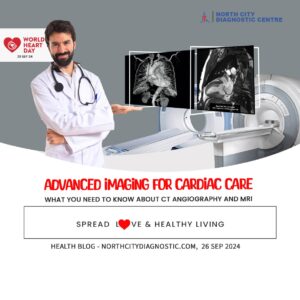
Menu
Alzheimer’s disease is a topic that many people hear about, but few fully understand. Yet, given the rising prevalence of this neurodegenerative condition, understanding it is more crucial than ever. Today, we’ll dig into the symptoms to look out for, how you can detect Alzheimer’s early on (spoiler alert: NeuroPET plays a big role), and what management options are available. Most importantly, let’s underline the value of preventive check-ups and screenings—they’re your first line of defence!
The estimated dementia prevalence for adults ages 60+ in India is 7.4%. About 8.8 million Indians older than 60 years live with dementia.
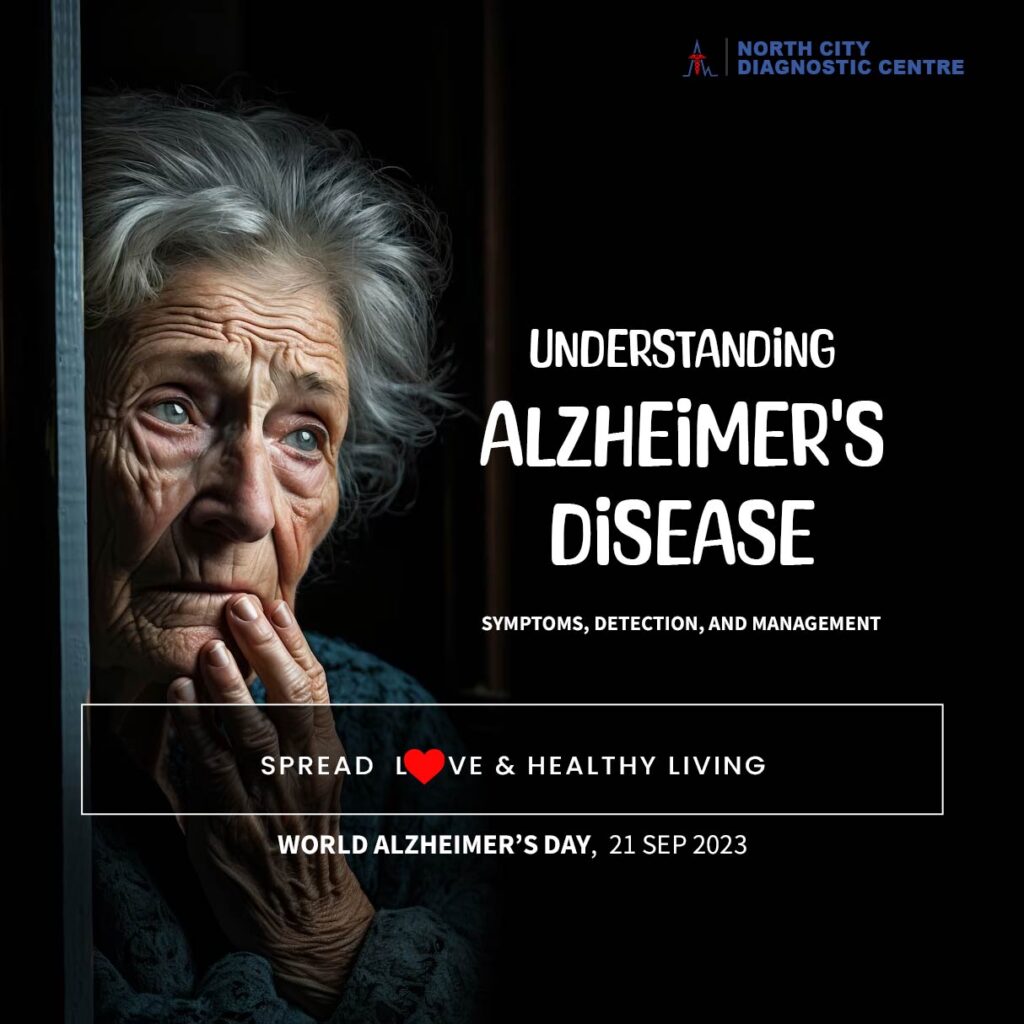
“Alzheimer’s steals memories, but it can never take away the love we shared.”
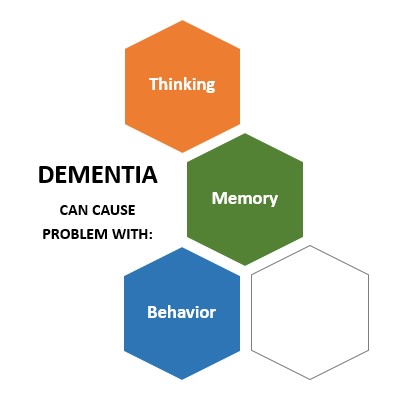
Dementia is a condition that affects a person’s memory, language, problem-solving, and other thinking abilities, which can interfere with daily life.
Memory loss is a common symptom of dementia, but it is not always an indication of the condition. There are various causes of memory loss, and some can be reversible.
Alzheimer’s disease is the most frequent cause of dementia in older adults, but there are other causes too. Depending on the cause, the symptoms of dementia may be treatable.
💡Did you know?
The extensive use of curcumin (a chemical found in Haldi) is probably the reason why India has the lowest rate of Dementia in the world, 4.4 times less than the US rate among adults aged 70-79 years.
Remember, there are many factors that may cause Dementia. Alzheimer’s Disease is a major cause of dementia.
On November 3, 1906, Alois Alzheimer, at the Tübingen meeting of the Southwest German Psychiatrists discussed his discoveries about the brain pathology and symptoms of presenile dementia. The audience was just 88 who were actually waiting for the next lecture.
A year later, in 1907, he wrote a detailed paper elaborating on the disease and his findings.
However, it wasn’t until 1910 when Emil Kraepelin, a German Psychiatrist, officially named the disease “Alzheimer’s” in the 8th edition of his Handbook of Psychiatry, specifically in the chapter on “Presenile and Senile Dementia“.
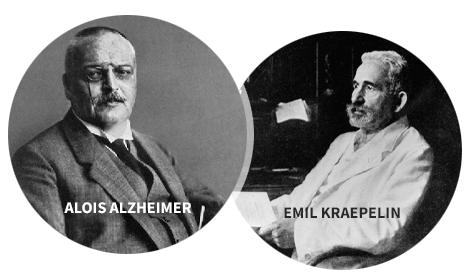
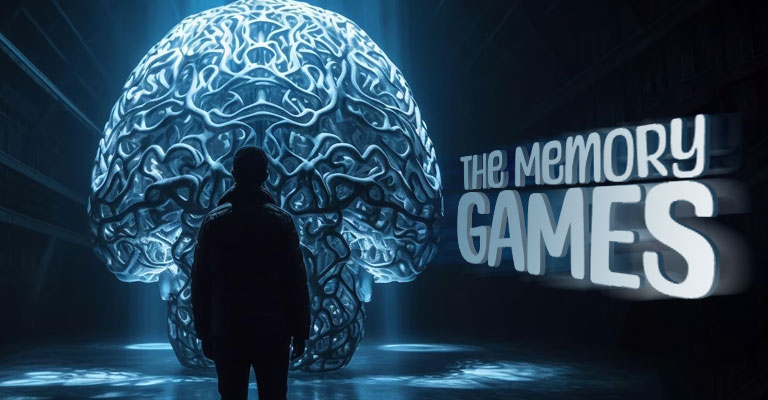
Please choose an option to the questions below:
Alzheimer’s disease is a degenerative brain condition that causes the brain to shrink and brain cells to die off. It is the most common cause of dementia, which is a gradual decline in memory, thinking, behavior, and social skills. These changes can affect a person’s ability to function properly.
The disease is caused by complex brain changes following cell damage, and it leads to dementia symptoms that worsen over time. The most common early symptom of Alzheimer’s is difficulty remembering new information, as it typically affects the part of the brain associated with learning first. As the disease progresses, symptoms become more severe and can include disorientation, confusion, and changes in behavior. Eventually, speaking, swallowing, and walking can become difficult.
While increasing age is the greatest known risk factor for Alzheimer’s, the disease is not a normal part of aging.
Avail specialized health check-up and screening. North City Diagnostic Centre offers state-of-the-art health check-up and screening packages at affordable prices. Call 
Check-out for State-of-the-Art NeuroPET at Department of Nuclear Medicine
Changes cause by AD in the knowledge quotient of the person and problems in relation to how they observe, think, problem solve, and remember:
AD changes how a person acts and communicates with others.
However, as the disease progress the symptoms become more severe, and have,
Those with severe Alzheimer’s can’t communicate and are completely reliant on others. In the final days of a person’s life, they may spend most of their time in bed as their bodies shut down. Some of the symptoms include:
To diagnose Alzheimer’s disease, the following assessments may be carried out:
A Medical professional will conduct a comprehensive physical evaluation. The neurological examination might encompass:
As you make progress on your health journey, celebrate your milestones, no matter how small. Recognizing your achievements boosts your confidence and reinforces your commitment to a healthier lifestyle.
A healthcare expert might administer a short mental status test to measure memory and cognitive abilities. More extensive forms of this test can offer a thorough evaluation of mental function, which can be compared with people with a similar age and education level. These assessments assist in establishing a diagnosis and monitoring symptoms over time.
Generally, genetic testing is not recommended for individuals being evaluated for Alzheimer’s disease. However, those with a familial history of early-onset Alzheimer’s may consider undergoing genetic testing.
There are FDA-approved medications like Cholinesterase inhibitors (viz., Donepezil, Galantamine and Rivastigmine) and Memantine (viz, Ebixa, Nemdatine, Valios) that can slow down the progression. The medication do not reverse the disease.
Aducanumab, an intravenous infusion therapy, is the first drug of its kind to be approved for Alzheimer’s disease. It is approved only for patients with mild cognitive impairment and mild dementia due to Alzheimer’s disease.
This can help manage the emotional and behavioral symptoms.
screenings for Alzheimer’s—like Blood test, NeuroPET scans, if you have a family history of the disease.
People with a family history of early-onset Alzheimer’s disease may consider Genetic Testing as well.
Early diagnosis can lead to more effective management and slow down the disease’s progression.
Don’t take a backseat when it comes to your neurological health—be proactive and schedule those screenings. Stay healthy and keep those neurons firing!
https://alz-journals.onlinelibrary.wiley.com/doi/10.1002/alz.12928
https://www.ncbi.nlm.nih.gov/pmc/articles/PMC3553547/
https://www.mayoclinic.org/diseases-conditions/dementia/symptoms-causes/syc-20352013
https://www.alz.org/alzheimers-dementia/what-is-dementia
https://www.nia.nih.gov/health/what-is-dementia
https://www.alz.org/alzheimers-dementia/difference-between-dementia-and-alzheimer-s
https://mayoclinic.org/diseases-conditions/alzheimers-disease/symptoms-causes/syc-20350447
https://www.nia.nih.gov/health/topics/alzheimers-changes-behavior-and-communication
https://www.mayoclinic.org/diseases-conditions/alzheimers-disease/diagnosis-treatment/drc-20350453
#AlzheimersAwareness #NeuroPET #PreventiveScreenings #KnowTheSigns #HealthIsWealth #PreventiveHealthcare #HealthMonitoring #HealthyLiving #NDC #NorthCityDiagnosticCentre # HealthFirst
35-A ,Canal West Road
Near Gouri Bari Bus Stop
Kolkata – 700004.
Local: +91 33 6605 0888